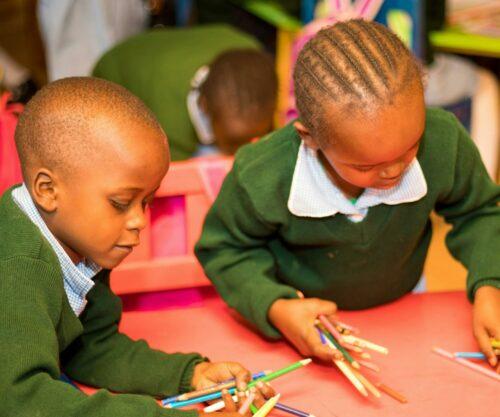
All of us expect motherhood to be a wonderful, fulfilling experience: a time to teach our children values that will carry them through life, to watch them grow, to offer advice, and to protect them from the harsh realities of the world.
However, if you are a mother living with HIV, you now have one extra burden to add to your load, and sharing it with your child can leave you with more questions than answers. To help you make the right choices, Ncamsile Nhlabathi, Programme Manager of the HIV Counselling and Testing programme at the Society For Family Health, helps us form some guidelines. Here are the do’s and don’ts:
When is the best time to talk to your child?
“There is no perfect time. This can vary from one family to the next, but as this is such a sensitive subject, there are certain points you need to consider,” says Ncamsile.
Age: Trust your instincts – only you know if your child is old enough to handle knowing your status. Young children (from about four to eight years) do not need to be told about HIV. Instead say something like: “Mommy is not feeling well and needs to take medication”. Children from about eight years old can handle some information on HIV. It’s best to first find out what they know (and especially if their information is correct), then to tell them you have it. If they know nothing of the disease, then tell the basics, but don’t overload them with information. Most teenagers will be better informed about HIV, so an open discussion with them is important. Again, check to see how much they know about HIV and build on that.
Timing: Choose a time when both of you are relaxed, not rushing to go anywhere, and your child is not stressed with any personal issues – like writing exams. At home is best.
Openness: Children are intelligent and inquisitive, and will quickly work out that something’s wrong – seeing you take medication regularly and going for your check-ups. Disclosing may help your child understand what you’re dealing with, resulting in them offering to help with chores around the home, as well as making sure you take your medication on time. If you are already sick, it’s important to reassure your child that you are on treatment and your doctor is taking care of you, so they don’t need to worry about you dying soon.
DOS AND DON’TS FOR PARENTS
Do:
- Understand the facts of your disease so you’re better able to explain it and answer questions.
- Get advice from other parents who have been through this.
- Provide as much information about the disease. Do not assume that they know.
- Provide support for them should they need to talk to someone about it.
- Use language they will understand.
- Set aside enough time, and be prepared for mini discussions in the days and weeks that follow as they digest information and have more questions.
- Expect a lot of questions and be prepared to answer them honestly.
- Provide additional reading material for the older child so they are well informed.
- Let them know that HIV is a manageable disease.
- Tell them you love them.
Don’t:
- Push your child to speak about it.
- Get angry with your child if he/she chooses to speak to other people about it.
- Don’t expect all your children to react the same way – children are different and so are their reactions.





